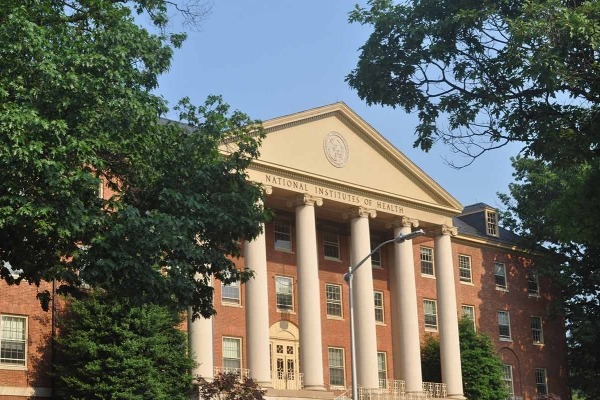The National Institute on Drug Abuse (NIDA) offers a strategic set of funding mechanisms and programs to support the development of research scientists through multiple stages of their careers. These awards are designed to ensure that scientists of the very highest caliber can meet the country’s need for substance use and addiction research. The institute’s portfolio includes research in basic, clinical, and translational sciences.
Through cross-disciplinary training and a focus on emerging technologies and scientific opportunities, NIDA seeks to ensure a cutting-edge research workforce that will advance the knowledge base needed to combat urgent public health problems. For questions pertaining to these opportunities, please email the listed contact NIDA_Training@nida.nih.gov.
Subscribe for email updates about information regarding Research Training and Career Development.






